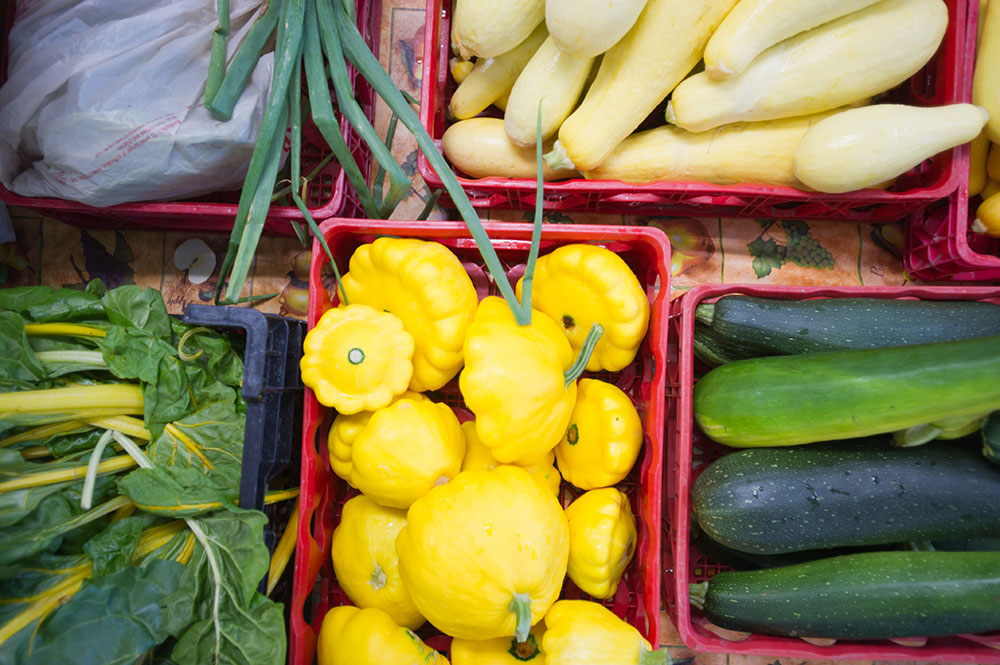Bulletin #2190, Vegetable Varieties for Maine Gardens

Bulletin #2190, Vegetable Varieties for Maine Gardens (PDF)
Developed by Mark G. Hutton, Extension vegetable crops specialist, and David T. Handley, Extension Small Fruit, and Vegetable Crops Specialist.
For information about UMaine Extension programs and resources, visit extension.umaine.edu.
Find more of our publications and books at extension.umaine.edu/publications/.
Choosing the right varieties of vegetables to grow is an important part of successful gardening.
Select varieties that are adapted to Maine’s climate and your local growing conditions. The varieties recommended in this bulletin are generally available and successful in northern New England. There are many other varieties available, both new and old, that may perform well in some Maine gardens. Use your past experience — the soils and climate in your location may greatly affect the performance of some varieties. You will probably develop a list of favorite vegetable varieties that consistently do well in your garden.
It’s best to test new varieties in a small planting next to a familiar variety of the same crop so that you can fairly compare their performance and qualities. For most crops, different varieties will have a range of maturity dates, indicated in seed catalogs by the number of days from planting to harvest. In northern Maine, plant only early varieties of warm-season vegetable crops, such as tomatoes, peppers, and melons, to ensure harvest before frost. In more southerly parts of Maine, both early and midseason varieties can be successfully harvested in most years.
Look for varieties with disease resistance. There are many varieties available today that are resistant to some of the most common vegetable diseases. Disease resistance can prevent crop loss and reduce the need for pesticides. Seed catalogs typically list any disease resistance a variety has. For example, with tomatoes and peppers, look for resistance to Fusarium, Verticillium, and tobacco mosaic virus. For cucumbers and squash, look for resistance to scab, anthracnose, Alternaria, Fusarium, mosaic virus, powdery mildew, and bacterial wilt. For beans, look for resistance to halo blight, mosaic virus, and rust.
| Suggested Varieties | |||
|---|---|---|---|
Asparagus
Beans
Beets
Broccoli
Brussels Sprouts
Cabbage
Carrots
Cauliflower
Celery
Chard, Swiss
Chinese Cabbage
|
Corn — Popcorn
Corn — Sweet
Cucumbers
Eggplant
Endive
Escarole
Garlic
Kohlrabi
Kale
Leek
Lettuce
|
Muskmelon
Parsley
Parsnip
Peas
Peppers
Pumpkins
|
Radishes
Rhubarb
Rutabagas
Spinach
Squash Summer Yellow: Yellow Crookneck, Sunray, Cougar, Sunburst Summer Green: Spineless Beauty, Zucchini Elite, Revenue, Space Master Winter: Carnival, Festival, Delicata, Tay Bell PM, Buttercup, Blue Hubbard, Red Kuri Tomatoes
Turnips
Watermelon
|
Information in this publication is provided purely for educational purposes. No responsibility is assumed for any problems associated with the use of products or services mentioned. No endorsement of products or companies is intended, nor is criticism of unnamed products or companies implied.
© 2006, 2022
Call 800.287.0274 (in Maine), or 207.581.3188, for information on publications and program offerings from University of Maine Cooperative Extension, or visit extension.umaine.edu.
The University of Maine System (the System) is an equal opportunity institution committed to fostering a nondiscriminatory environment and complying with all applicable nondiscrimination laws. Consistent with State and Federal law, the System does not discriminate on the basis of race, color, religion, sex, sexual orientation, transgender status, gender, gender identity or expression, ethnicity, national origin, citizenship status, familial status, ancestry, age, disability (physical or mental), genetic information, pregnancy, or veteran or military status in any aspect of its education, programs and activities, and employment. The System provides reasonable accommodations to qualified individuals with disabilities upon request. If you believe you have experienced discrimination or harassment, you are encouraged to contact the System Office of Equal Opportunity and Title IX Services at 5713 Chadbourne Hall, Room 412, Orono, ME 04469-5713, by calling 207.581.1226, or via TTY at 711 (Maine Relay System). For more information about Title IX or to file a complaint, please contact the UMS Title IX Coordinator at www.maine.edu/title-ix/.

